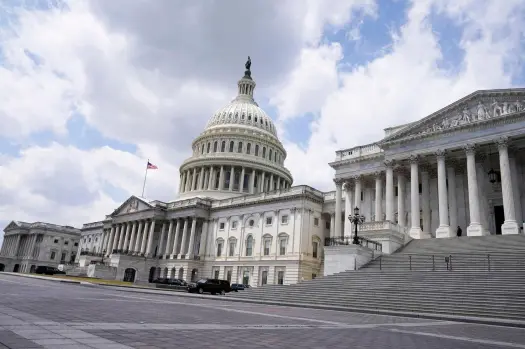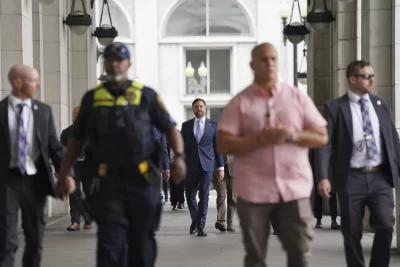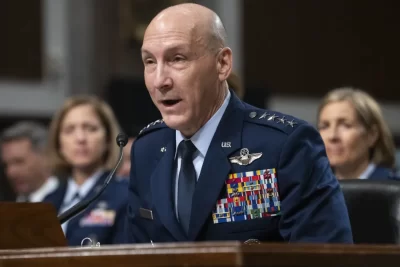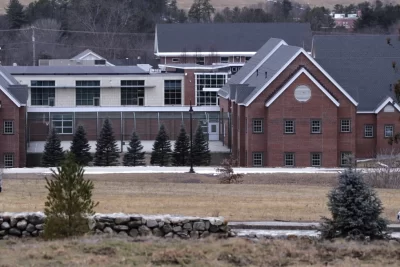
After months of struggling to find agreement on just about anything in a divided Congress, lawmakers are returning to Capitol Hill to try to avert a government shutdown, even as House Republicans consider whether to press forward with an impeachment inquiry into President Joe Biden.
A short-term funding measure to keep government offices fully functioning will dominate the September agenda, along with emergency funding for Ukraine, federal disaster funds and the Republican-driven probe into Hunter Biden’s overseas business dealings.
Time is running short for Congress to act. The House is scheduled to meet for just 11 days before the government’s fiscal year ends on Sept. 30, leaving little room to maneuver. And the deal-making will play out as two top Republicans, Sen. Mitch McConnell of Kentucky and Rep. Steve Scalise of Louisiana, deal with health issues.
The president and congressional leaders, including Republican House Speaker Kevin McCarthy, are focused on passage of a months-long funding measure, known as a continuing resolution, to keep government offices running while lawmakers iron out a budget. It’s a step Congress routinely takes to avoid stoppages, but McCarthy faces resistance from within his own Republican ranks, including from some hardline conservatives who openly embrace the idea of a government shutdown.
“Honestly, it’s a pretty big mess,” McConnell said at an event in Kentucky last week.
When Biden and McCarthy struck a deal to suspend the nation’s debt ceiling in June, it included provisions for topline spending numbers. But under pressure from the House Freedom Caucus, House Republicans have advanced spending bills that cut below that agreement.
Republicans have also tried to load their spending packages with conservative policy wins. For example, House Republicans added provisions blocking abortion coverage, transgender care and diversity initiatives to a July defense package, turning what has traditionally been a bipartisan effort into a sharply contested bill.
But Democrats control the Senate and are certain to reject most of the conservative proposals. Senators are crafting their spending bills on a bipartisan basis with an eye toward avoiding unrelated policy fights.
Top lawmakers in both chambers are now turning to a stopgap funding package, a typical strategy to give the lawmakers time to iron out a long-term agreement.
The House Freedom Caucus has already released a list of demands it wants included in the continuing resolution. But they amount to a right-wing wish list that would never fly in the Senate.
The conservative opposition means McCarthy will almost certainly have to win significant Democratic support to pass a funding bill — but such an approach risks a new round of conflict with the same conservatives who in the past have threatened to oust him from the speakership.
Democrats are already readying blame for the House GOP.
“The last thing the American people deserve is for extreme House members to trigger a government shutdown that hurts our economy, undermines our disaster preparedness, and forces our troops to work without guaranteed pay,” said White House spokesman Andrew Bates.
In a letter to his colleagues Friday, Senate Majority Leader Chuck Schumer wrote that the focus when the Senate returns Tuesday will be “funding the government and preventing House Republican extremists from forcing a government shutdown.”
It leaves McCarthy desperate to get the votes to keep government offices running and avoid the political blowback. As he tries to persuade Republicans to go along with a temporary fix, McCarthy has been arguing that a government shutdown would also halt Republican investigations into the Biden administration.
“If we shut down, all of government shuts it down — investigations and everything else — it hurts the American public,” the speaker said on Fox News last week.





